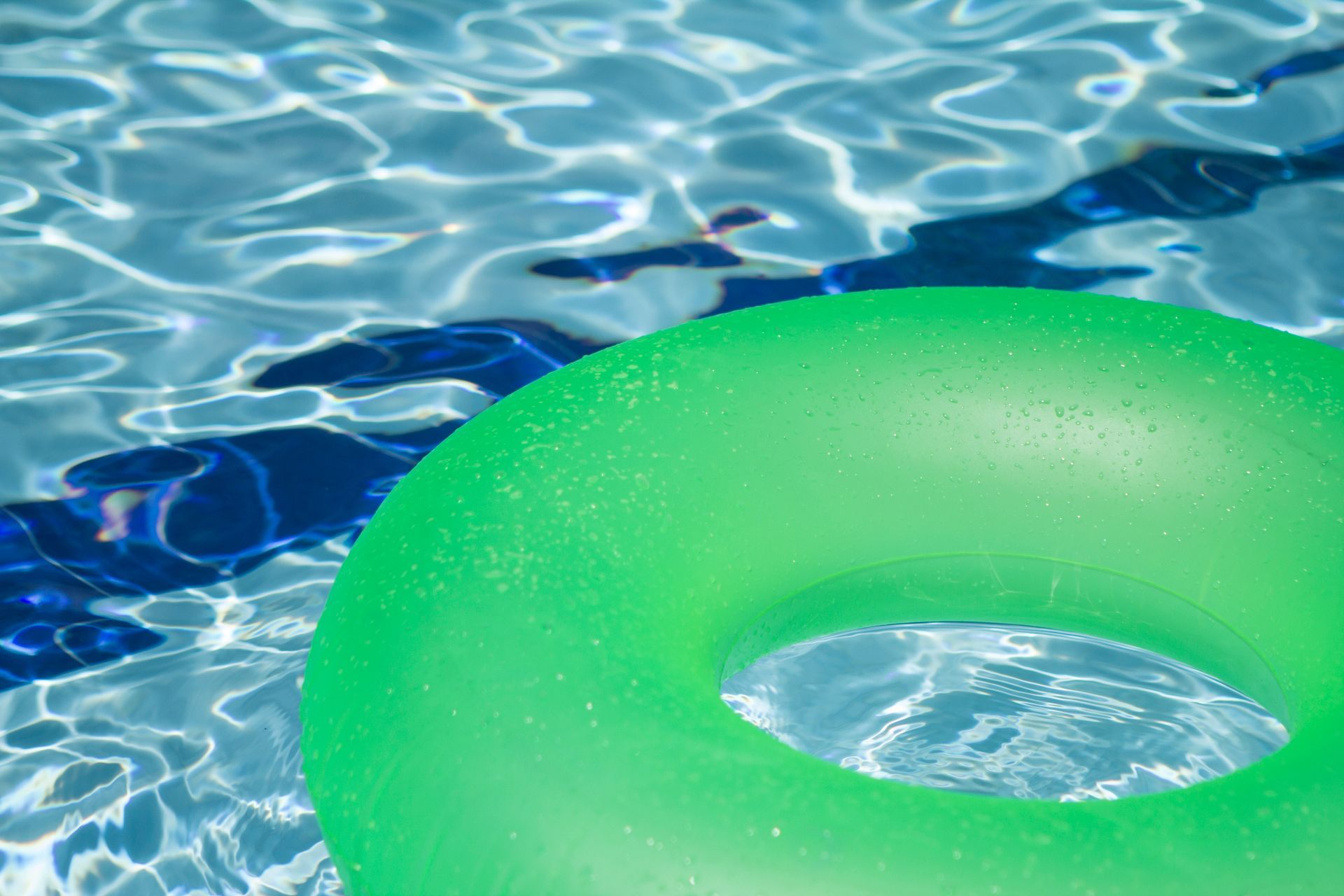Accidental Drowning Prevention
Summer Health Tip #3: Summer is a great time to get outside and cool off in the water, but remember to take precautions to prevent accidental drownings.
By Cindy Williams, Rn
Coordinator, Health Ministries
Between 2011 and 2020, there was an average of 4,012 accidental drowning deaths each year in the United States. That is an average of 11 drowning deaths per day. There was also an average of 22 nonfatal drownings per day, 8,000 per year during that same period.
The CDC also reports that in the United States more children ages 1-4 die from drowning than any other cause of death. For children ages 5-14, drowning is the second leading cause of accidental injury death after car accidents.
Some groups of people are at higher risk of drowning. Children ages 1-4 have the highest drowning rates. Nearly 80% of drowning victims are male. This may be due to increased exposure to water, more risk-taking behaviors, and alcohol use. Black, American Indian, and Alaska Native peoples have a higher drowning death rate than Caucasian people. Seizure disorders, heart conditions, and autism also are associated with higher risk of drowning.
We can prevent many, if not most, of these drowning deaths by taking a few steps.
- Learn to swim and teach your family water safety. This seems obvious but many adults and children have never learned to swim. Sign your children up for swimming lessons.
- Fence home pools with four-sided fencing that isolates the pool from the house and yard. Keep the gate locked when the pool is not being used.
- Supervise. Drownings happen in five-gallon buckets of water, bathtubs, pools, as well as lakes and oceans. Children who can’t swim should have “touch” supervision when in the water – an adult is always within reach. Others should have “eyes on” supervision – an adult has visual contact all the time. Designate a watcher during group activities.
- Never swim alone without a water watcher.
- Wear a life jacket during water activities.
- Avoid using alcohol and be aware of any medications that may impair thinking and decrease motor skills as side effects.
- Learn CPR.
References:
https://www.heart.org/en/healthy-living/healthy-lifestyle/summer-water-safety













